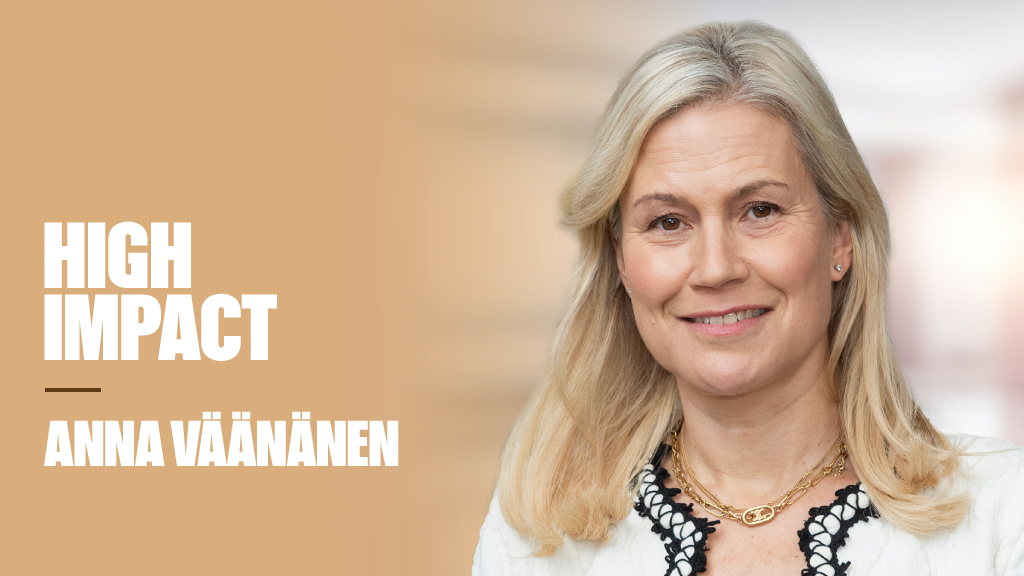Its appeal results not only from its geographical proximity to major Western European markets, but also from high domestic growth potential. The annual GDP growth in CEE countries between 2006 and 2011 averaged 2.7%. For comparison, in the US and Western Europe, GDP growth during this period did not rise above 2.2%.
Comparative differences
However, despite the apparent similarities of the CEE countries, there are many differences between them, most notably the state of the economies of individual countries. In particular, while Hungary and the Czech Republic are in recession (in the first quarter of 2012, their GDP declined by an average of 1.2% compared with 2011), there has been a vigorous growth in Lithuania, Latvia and Estonia, with GDPs being on average 4.5%.
The only other country with similar growth rates (4.9%) has been Russia, itself a long-term leader in this respect.
Furthermore, Russia has the world’s lowest ratio of debt to GDP, which is only 8.7%, while in a number of CEE countries (for example, Hungary and Latvia), it is close to 100%. The healthy state of the economy is an important competitive advantage for Russia.
So, how does Russia compare to the CEE countries in terms of its attractiveness to foreign investors?
Firstly, the Russian economy is much larger and more diversified which allows foreign investors access to different economic areas.
Secondly, compared with CEE, Russia has a much more extensive and deep domestic market. With the growing purchasing power of the Russian population, many foreign companies are increasing their local presence through building or transferring production facilities from other countries. In some cases, after starting production in Russia, facilities in the CEE countries are shut down.
The auto giant Volkswagen, for example, which in recent years has been actively increasing car production in Russia, has at the same time reduced the production in other CEE countries. In 2009, it closed its largest East European plant in Slovakia.
Russia’s favorable geographical position gives it another important competitive advantage. Currently, many foreign corporations are interested in penetrating the markets of CIS countries. Russia can provide not only a sort of staging area for such expansion, but also the necessary transport infrastructure.
Lack of regualtion a benefit?
In terms of production costs, Russia’s manufacturing sector has relatively low wages and the Russian labour market is less regulated compared with most of Europe.
But perhaps the most important advantage for Russia over the countries in CEE is the much higher potential level of profitability and return on investment. According to a study by The PBN Company in 2005 titled ‘Russia as an object of foreign investment’, the average annual increase in sales volume and revenue for companies investing in Russia exceeded 10%. Currently, we estimate that is now on average 15% to 18%, whereas in the CEE countries it is from 5% to 8%.
In some sectors Russia’s leadership is even more noticeable. Food retail, which is one of the fastest growing industries at the moment, has an average annual revenue growth of more than 20%. Besides, the payback period of investment projects in Russia is significantly shorter (from 2.5 to three years) compared to Eastern European countries where it is five or seven years.
In many respects it is high profits that attract foreign investors to the Russian market. One of the ways of achieving these profits is through strategic alliances with state companies. For example, last year’s Rosneft agreement with ExxonMobil, and more recently, the fixed-line telecommunications company Rostelecom is planning to work with Swedish mobile operator Tele2.
Of course, the high level of corruption in Russia, a plethora of bureaucratic procedures and inadequate legislation and law enforcement still deter foreign investors. However, the Russian government has recently made significant attempts to improve the investment climate in the country, which gives us some hope that very soon the situation will change for the better.










